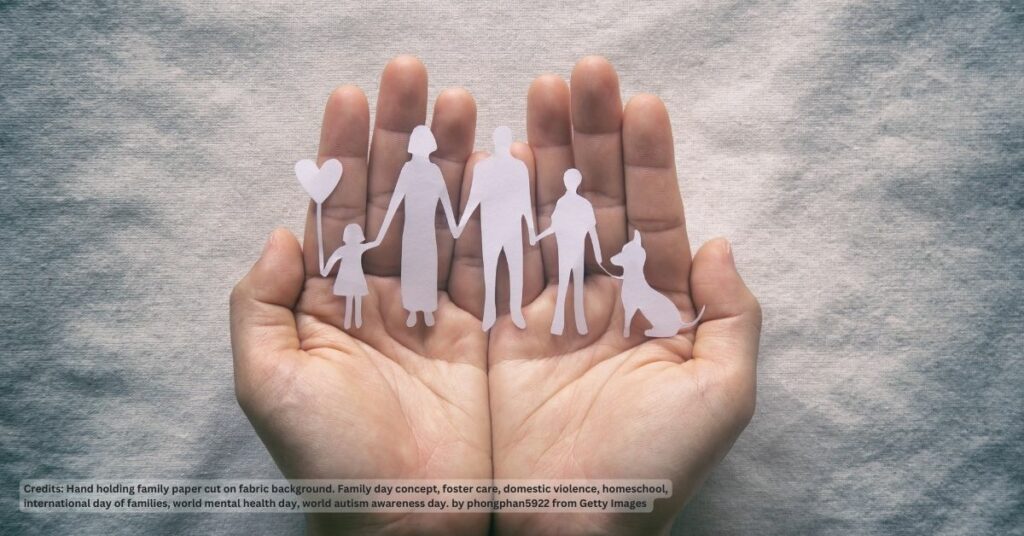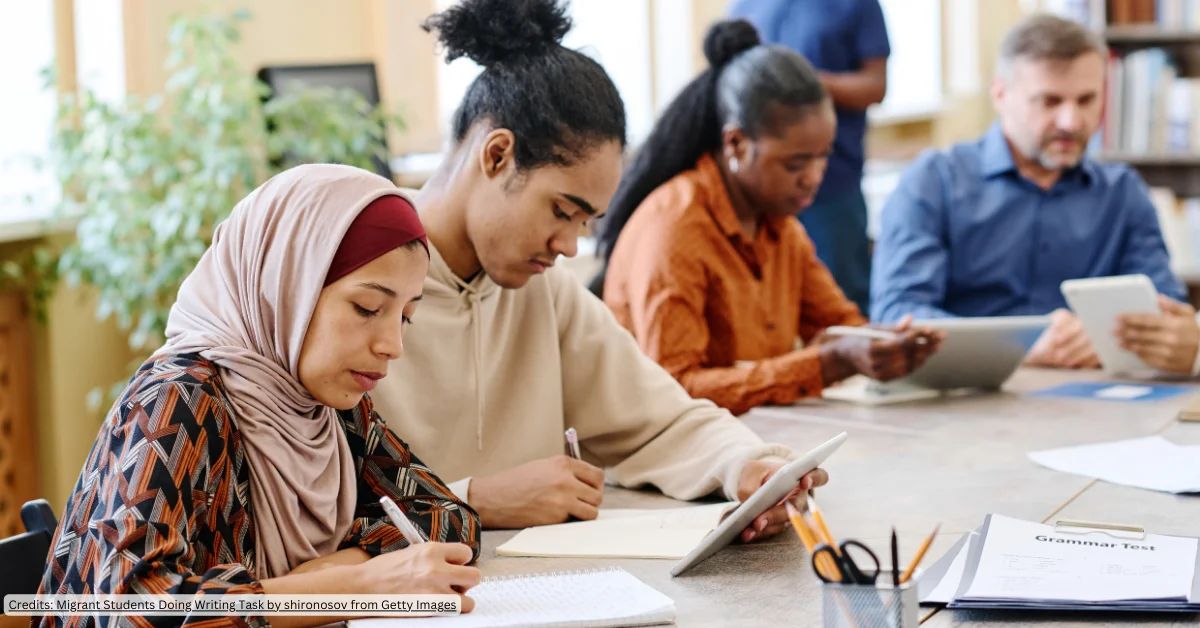Peak organisation Domestic Violence NSW and Rosie Batty, AO, survivor advocate, are calling on the Australian public to take action to help end domestic and family violence.
“Domestic and family violence is an epidemic that is entrenched in our society but it is something we can all help end if we choose to act. This pledge commits people to taking that action,” said Rosie Batty AO.
Last year at least 64 women were murdered because of domestic and family violence in Australia1 and around 6,000 women were hospitalised.
Domestic and family violence also contributes to more death, disability and illness in women aged 15 to 44 than any other preventable risk factor and is the leading cause of homelessness for women and children.
To create a change, a collective effort is needed to address the drivers of violence against women across all areas of society – the End Domestic and Family Violence Pledge serves as part of that collective effort.
“While the systems such as government, police, the justice system and domestic and family violence services have an important role to play, so do individuals, families, communities and organisations,” said Delia Donovan, Domestic Violence NSW CEO.
The 50th anniversary of the domestic violence sector serves as the first-ever opportunity, in Australian history, for the Australian public to publicly sign a pledge and become part of the change that is needed to end domestic and family violence.
“By taking the pledge people are not only committing to taking action they are also committing to being part of the solution,” added Donovan.
About the pledge:
The End Domestic and Family Violence, ‘SAFE’ pledge includes four commitments with additional resources available to support the actions:
See: recognise the signs
Understanding the signs of Domestic and Family Violence to be able to identify and support someone you know that is experiencing abuse.
Action: respond to violence
How to safely intervene in an emergency situation without putting yourself or others in danger.
Face-up: lead by example
Including, role modelling respectful behaviour, calling out disrespectful, discriminatory or sexist behaviour in others.
Education: understanding leads to preventing
Learning more about domestic and family violence and encouraging others such as workplaces, clubs, education facilities and places of worship to do the same, so we can stop it before it starts.
“Our hope is that in 50 years from now domestic and family violence will be part of our history and not our future because together we can and we will end domestic and family violence,” added Donovan.
Related: Domestic Violence NSW releases report on Policing of Domestic and Family Violence
Check out Third Sector’s 7th National Child Protection Forum.
Pearl Dy is a community manager and journalist. She is passionate about business and development particularly involving not-for-profits, charity and social entrepreneurship.
- Pearl Dyhttps://thirdsector.com.au/author/pearl-dyakolade-co/
- Pearl Dyhttps://thirdsector.com.au/author/pearl-dyakolade-co/
- Pearl Dyhttps://thirdsector.com.au/author/pearl-dyakolade-co/
- Pearl Dyhttps://thirdsector.com.au/author/pearl-dyakolade-co/











